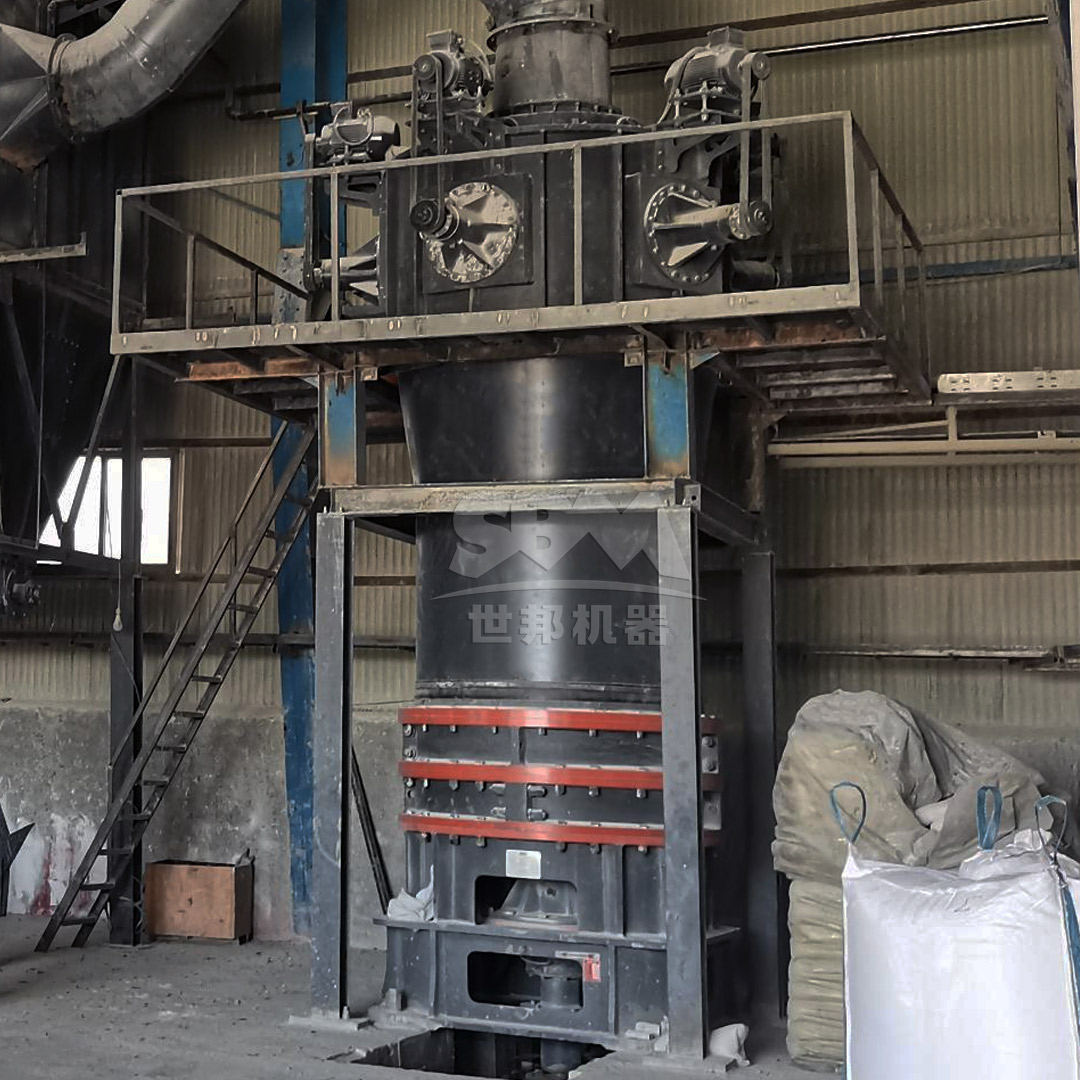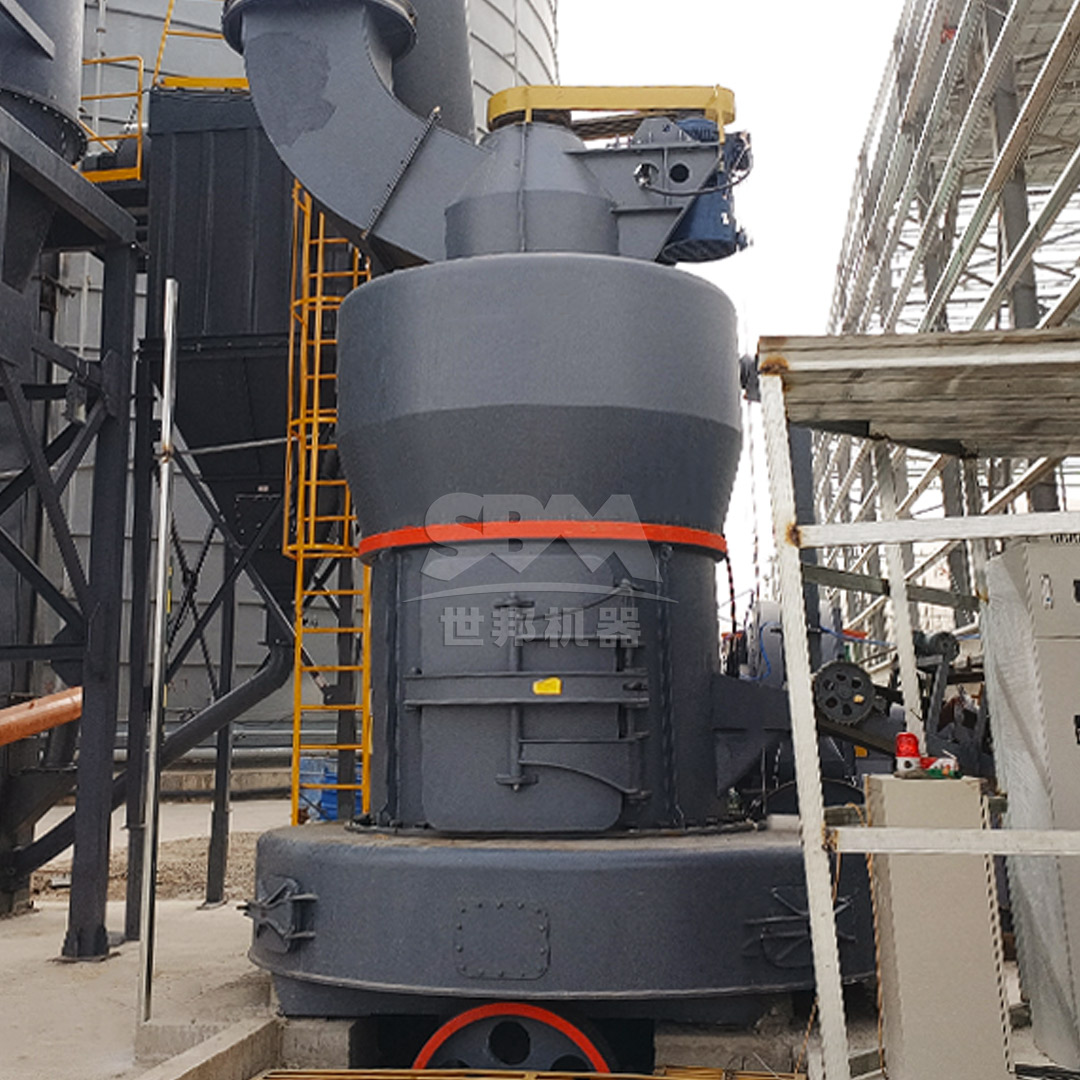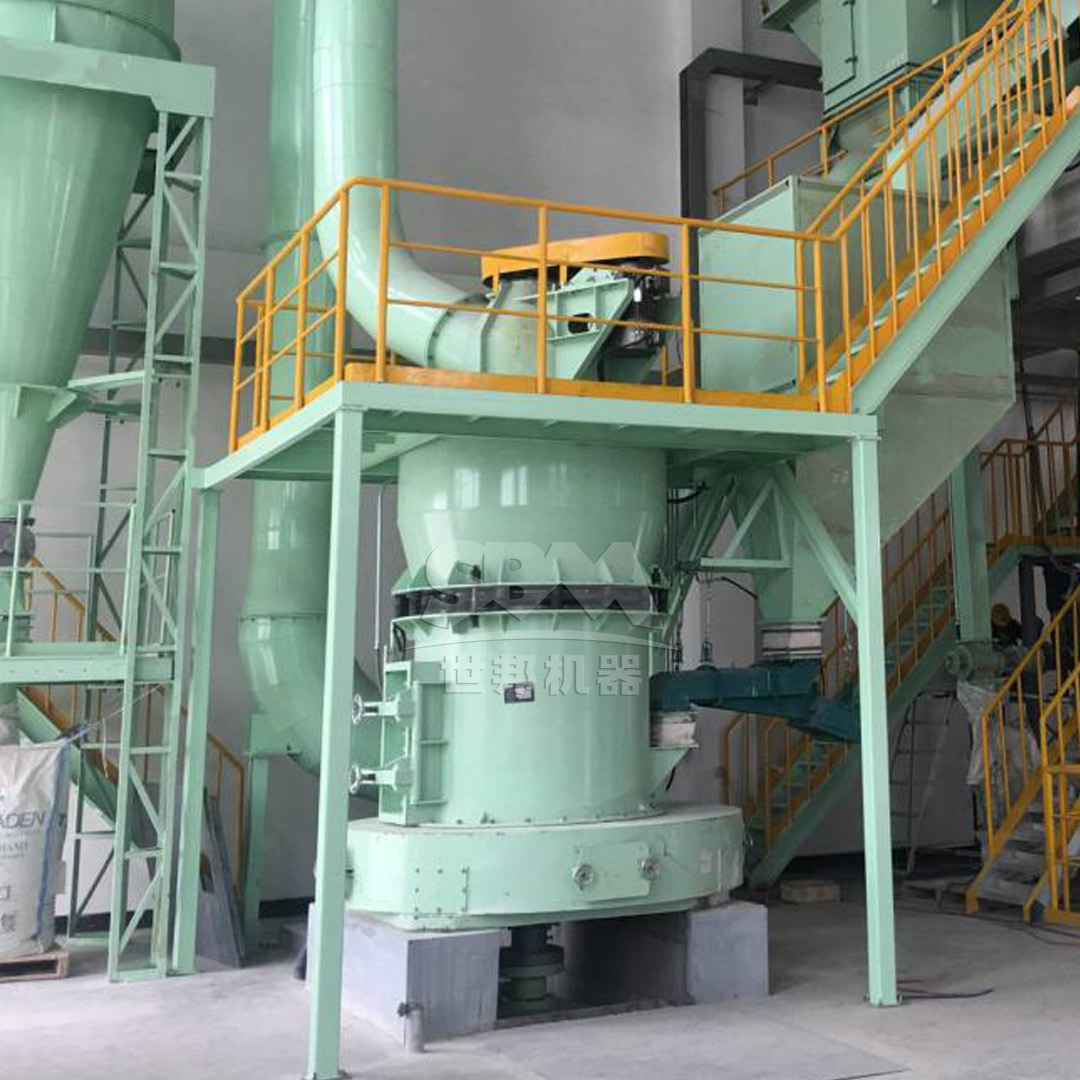September 16, 2025
The Critical Role of Feldspar in Ceramic Tile Production
Feldspar, a group of rock-forming tectosilicate minerals, serves as one of the most vital raw materials in the ceramic tile industry. Constituting up to 50% of a typical tile body recipe, feldspar acts as a flux, lowering the vitrification temperature of the ceramic mixture during the firing process. This results in a denser, less porous, and more mechanically robust final product. The quality of the ground feldspar powder—specifically its chemical consistency, particle size distribution (PSD), and purity—directly influences key tile properties such as structural integrity, aesthetic appeal (color and surface finish), dimensional stability, and resistance to abrasion and staining. Consequently, the selection of an appropriate feldspar grinding mill is not merely an operational decision but a fundamental strategic choice that dictates product quality, production efficiency, and overall manufacturing cost.
Key Requirements for Feldspar Grinding in Tile Manufacturing
To meet the exacting standards of modern ceramic tile production, a grinding mill must deliver feldspar powder with very specific characteristics:
- Precise Particle Size Distribution (PSD): A consistent and controlled PSD is paramount. Too many coarse particles can lead to surface defects, pinholes, and reduced strength, while an excess of ultra-fines can increase water demand in the slurry, causing cracking during drying and excessive shrinkage during firing. The ideal mill produces a tight, Gaussian distribution centered on the target micron size.
- High Purity and Chemical Consistency: The grinding process must not introduce metallic contaminants from worn parts, as iron oxide (Fe₂O₃) impurities, even in trace amounts (>&0.1%), can cause discoloration (yellowing or black spots) in white and light-colored tiles, severely compromising their market value.
- Energy Efficiency: Grinding is an energy-intensive process. Mills that offer higher throughput with lower specific energy consumption (kWh/ton) provide a significant competitive advantage by reducing operational costs.
- Reliability and Low Maintenance: Continuous, 24/7 production schedules are the norm in tile manufacturing. Equipment must be robust, reliable, and designed for minimal downtime during maintenance.
- Environmental Compliance: Modern mills must operate with low noise levels and be equipped with highly efficient dust collection systems to ensure a clean working environment and comply with stringent international emission standards.

Advanced Milling Technologies for Feldspar
Several milling technologies are employed in the industry, each with its own advantages and ideal application ranges for feldspar processing.
Ball Mills
Traditional ball mills have been a workhorse in the ceramics industry for decades. They operate on the principle of impact and attrition as the grinding media (balls) cascade inside a rotating cylinder. While capable of producing the required fineness, they are generally less energy-efficient for achieving very fine grinds (< 45μm) compared to more modern designs. They can also lead to higher iron contamination from media and liner wear unless specifically designed with alumina or other ceramic linings.
Raymond Mills (Vertical Roller Mills)
These mills use spring-loaded rollers to crush materials against a stationary ring. They are well-suited for mid-range fineness (100-325 mesh) and offer good efficiency and reliability. However, metal-to-metal contact between rollers and the ring can be a concern for contamination in high-purity applications unless hardened or ceramic-faced components are used.
Ultrafine Grinding Mills
This category represents the cutting edge for producing high-purity, superfine feldspar powders. Technologies like our SCM Ultrafine Mill are specifically engineered to overcome the limitations of traditional mills. They utilize a unique grinding principle with multiple rings and rollers, often with non-metallic wear parts, to achieve exceptional fineness with minimal contamination.
Recommended Solution: SCM Ultrafine Mill for Premium Tile Production
For manufacturers aiming to produce high-end ceramic tiles with superior whiteness, strength, and surface quality, the SCM Ultrafine Mill is the ideal technological choice. This mill is engineered from the ground up to excel in the precise and demanding application of feldspar grinding.
Technical Advantages of the SCM Ultrafine Mill
- Superior Fineness and Precision: The SCM mill can achieve an impressive output fineness ranging from 325 to 2500 mesh (D97 ≤ 5μm). This is accomplished through its advanced vertical turbine classification system, which ensures precise particle size切割 (cutting) and guarantees a uniform product with no coarse powder contamination. This level of control is essential for achieving perfect vitrification and a flawless tile surface.
- Exceptional Efficiency and Energy Savings: Compared to traditional气流 mills (jet mills), the SCM mill offers double the capacity while reducing energy consumption by up to 30%. Its intelligent control system features automatic feedback on product fineness, constantly optimizing the grinding process for peak performance and minimal energy waste.
- Unmatched Purity and Durability: A critical feature for ceramic applications is its wear part design. The grinding rollers and rings are made from special, high-wear-resistant materials, extending their service life by multiples and drastically reducing the risk of iron contamination. Furthermore, the innovative bearingless screw design in the grinding chamber enhances operational stability and eliminates a potential source of failure and pollution.
- Environmentally Friendly Operation: The mill is equipped with a high-efficiency pulse dust collection system that exceeds international emission standards, ensuring a dust-free workshop. Its integrated soundproofing chamber design keeps operational noise levels below 75dB, creating a safer and more comfortable working environment.
| Model |
Processing Capacity (ton/h) |
Main Motor Power (kW) |
Feed Size (mm) |
Final Fineness (mesh) |
| SCM800 |
0.5 – 4.5 |
75 |
≤20 |
325-2500 |
| SCM900 |
0.8 – 6.5 |
90 |
≤20 |
325-2500 |
| SCM1000 |
1.0 – 8.5 |
132 |
≤20 |
325-2500 |
| SCM1250 |
2.5 – 14 |
185 |
≤20 |
325-2500 |
| SCM1680 |
5.0 – 25 |
315 |
≤20 |
325-2500 |

A Robust Alternative: The MTW Series Trapezium Mill
For large-scale tile manufacturing plants where the primary requirement is high-volume grinding of feldspar to a consistent medium-fineness (30-325 mesh), the MTW Series Trapezium Mill presents an excellent, cost-effective solution. This mill is renowned for its heavy-duty construction, reliability, and high throughput.
Key Features of the MTW Series Mill
- Advanced Grinding Mechanism: The mill features a patented conical gear overall transmission with a staggering 98% transmission efficiency. This design is more compact, saves installation space, and reduces overall costs compared to traditional gearboxes.
- Enhanced Wear Resistance: Its modular shovel blade design allows for easy replacement of worn parts, significantly lowering long-term maintenance costs. The curved blade design also helps to extend the life of the grinding rollers.
- Optimized Airflow and Efficiency: The curved air duct is engineered to minimize energy loss during pneumatic conveying, leading to higher overall system efficiency. The wear-resistant volute structure further protects critical components and reduces maintenance needs by up to 30%.
- High Capacity Processing: With models like the MTW215G offering capacities up to 45 tons per hour, this mill is built for large, continuous production lines, reliably feeding downstream pressing and glazing operations.
Conclusion: Investing in the Right Technology
The pursuit of excellence in ceramic tile manufacturing is intrinsically linked to the quality of raw material preparation. Investing in a modern, high-performance feldspar grinding mill is not an expense but a strategic investment that pays dividends through superior product quality, reduced rejection rates, lower energy costs, and enhanced production capacity. Whether the choice is the ultra-fine precision of the SCM Ultrafine Mill for premium segments or the robust high-volume capability of the MTW Series Trapezium Mill, selecting the right technology from a reputable supplier is the cornerstone of building a competitive and profitable ceramic tile manufacturing operation. By understanding the specific demands of your production process and matching them with the appropriate grinding solution, you can ensure your products meet the highest standards of the global market.



